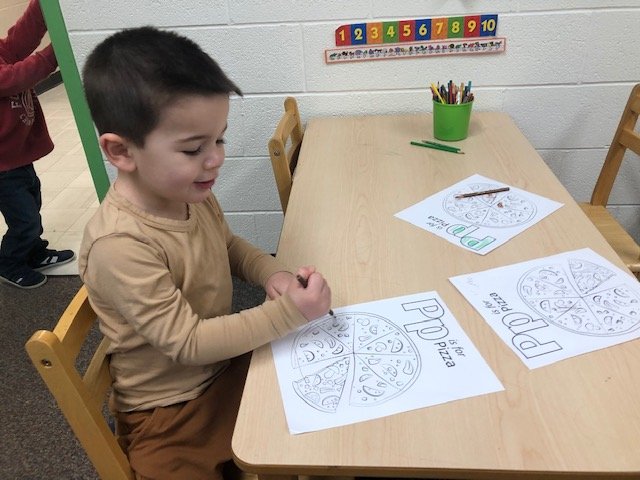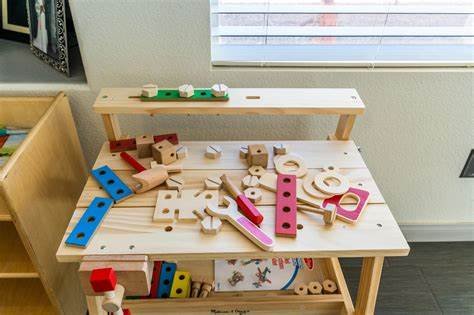As children begin their preschool journey, homework can seem like a new concept for both parents and children. While preschool homework may not be as extensive as assignments in higher grades, it plays a crucial role in fostering responsibility, independence, and learning skills that will benefit your child in the future. Supporting your preschooler through their homework can be a rewarding experience for both of you. Here are some effective tips to help you guide your child through their early homework assignments.

Create a Consistent Homework Routine
One of the best ways to support your child’s preschool homework is by establishing a consistent routine. Children thrive when they know what to expect, and having a designated time and space for homework can help them focus and feel comfortable. Choose a time when your child is calm and well-rested, avoiding the moments when they’re tired or distracted. This can be after a snack, nap, or a little playtime. Make sure the area is quiet and free from distractions, with all necessary materials within reach.
Set Up a Homework-Friendly Environment
Create an inviting and distraction-free space for your child to do their homework. This doesn’t have to be an entire room—just a corner of the living room or a small desk can work. Make sure the space is well-lit and equipped with necessary tools, such as pencils, erasers, paper, and other materials your child might need. Keep the environment positive and calm, so your child feels comfortable and focused during their homework time.
Offer Encouragement, Not Pressure
Preschool homework should feel like a fun, engaging activity, not a stressful task. Encourage your child with positive reinforcement, praising their effort rather than focusing solely on the outcome. Let them know that it’s okay to make mistakes and that learning is a process. This will help build their confidence and motivation. For example, you can say, “Great job! You’re doing really well with your shapes. Keep it up!”
Break Down Tasks into Smaller Steps
Preschoolers may struggle with long or complex assignments. To help them stay engaged, break down the task into smaller, manageable steps. If the homework requires completing a worksheet with several activities, guide your child through each section one at a time. This approach helps them focus on one thing at a time, reducing feelings of being overwhelmed. You can say, “Let’s first color in this circle, then we’ll move on to the next one. Take it slow and enjoy!”
Be Patient and Give Time for Exploration
Preschoolers are still learning basic skills, so be patient as they work through their homework. Allow your child to explore and try new things. Don’t rush them to finish quickly. If they get stuck or frustrated, take a break and come back to the task later. A short break can help your child reset and return to the task with a fresh perspective. Remind them that it’s okay to take their time and enjoy the learning process.
Stay Involved Without Doing It for Them
It’s important to stay involved in your child’s homework, but you should never do it for them. Your role is to offer guidance, support, and encouragement, not to complete the assignment. If your child is struggling with a task, offer hints or suggestions instead of taking over. For example, if they’re having trouble with a puzzle or counting exercise, you can say, “Let’s count these together” or “What do you think comes next?”
Make Homework Fun
Preschool homework should be a fun, creative, and hands-on experience. You can turn a simple assignment into an enjoyable activity by adding your own creative touches. If the homework involves learning colors, for example, you could make a game out of it. You could ask your child to find objects around the house that match the colors or create a colorful drawing together. Incorporating play and creativity will help your child stay engaged and excited about learning.
Conclusion
Supporting your child’s preschool homework can be an enjoyable experience that fosters a love for learning. By creating a consistent routine, setting up an inviting space, offering encouragement, and allowing your child to explore and grow at their own pace, you can make homework a positive and rewarding part of their development. Remember, the goal is not to complete the homework perfectly, but to foster learning, curiosity, and independence. With your support, your child will develop the skills and confidence to tackle homework with excitement as they grow.









